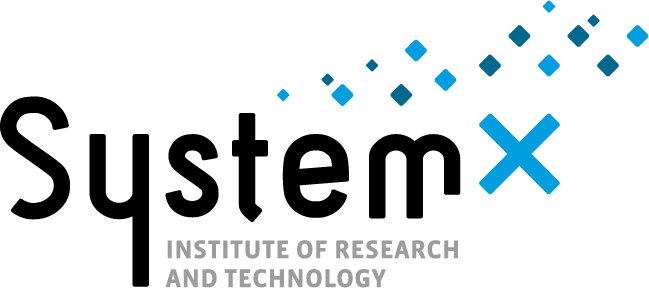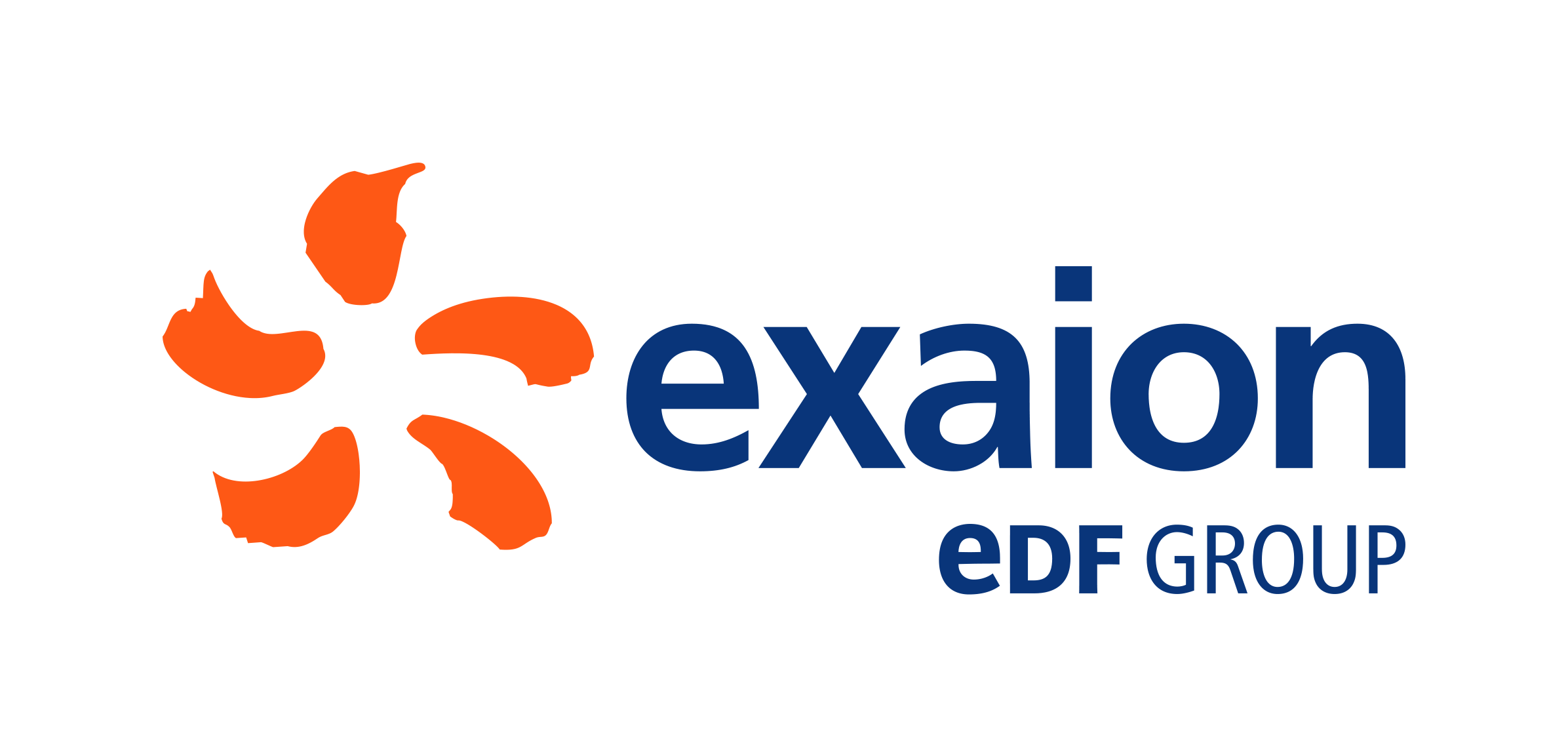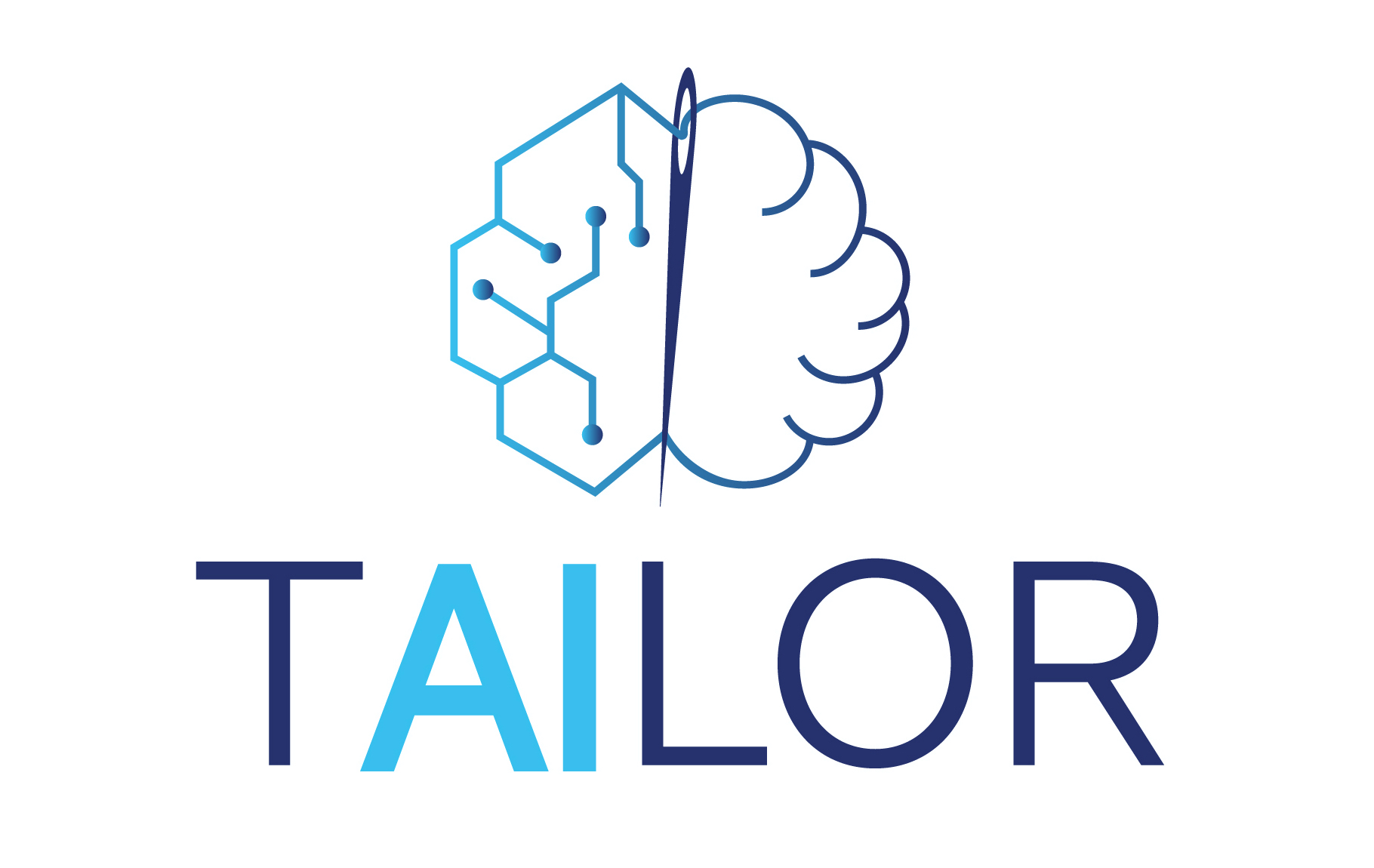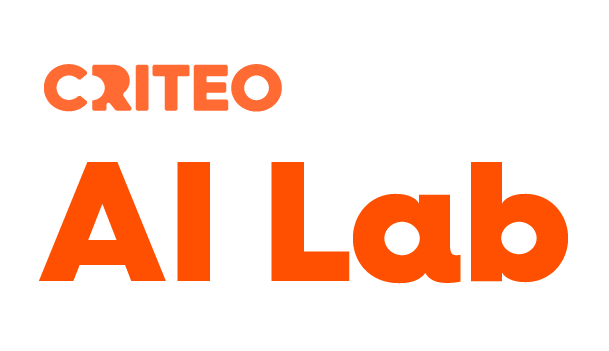This competition aims at promoting the use of ML based surrogate models to solve physical problems, through a task addressing a CFD usecase: Airfoil design.

# Competition Overview
This competition aims at promoting the use of ML based surrogate models to solve physicalproblems, through a task addressing a recently published dataset called AirfRANS related to airfoil design (CFD simulation). It will address the challenge of improving baseline solutions of the Airfoils design use case by building ML-based surrogate models. The overall aim is to improve tradeoff between accuracy of obtained solutions and related computational cost, while considering Out-of-Distribution (OOD) generalization and respect of some basic physical constraints.

To do so, the competition rely on our recently proposed benchmarking framework called LIPS (“Learning Industrial Physical Systems”). This framework will be used to evaluate candidate solutions provided by participants regarding significant criteria organized into 3 categories namely: ML related criteria, Physical Compliance criteria and OOD generalization criteria. For each submitted solution, a global score will be computed based on aforementioned criterias to rank it.
The help the development of new physics-informed ML models, participants could use the NVIDIA MODULUS Framework (opens new window), and benefit from NVIDIA support through a dedicated webinar at the beginning of the competition.
Participants should train and fine-tune their models on their own computers based on the provided dataset. A cluster of 8 NVIDIA RTX A6000 (opens new window) GPUs will be made available by Exaion (opens new window) for participants who may not have their own GPU resources. For the training phase, Baseline solutions will be made available to help participants.
More details on LIPS : LIPS paper (opens new window)
More details on the Airfoil design DataSet : AirfRANS paper (opens new window)
More details about NVIDIA SDKs & RTX GPUs resources
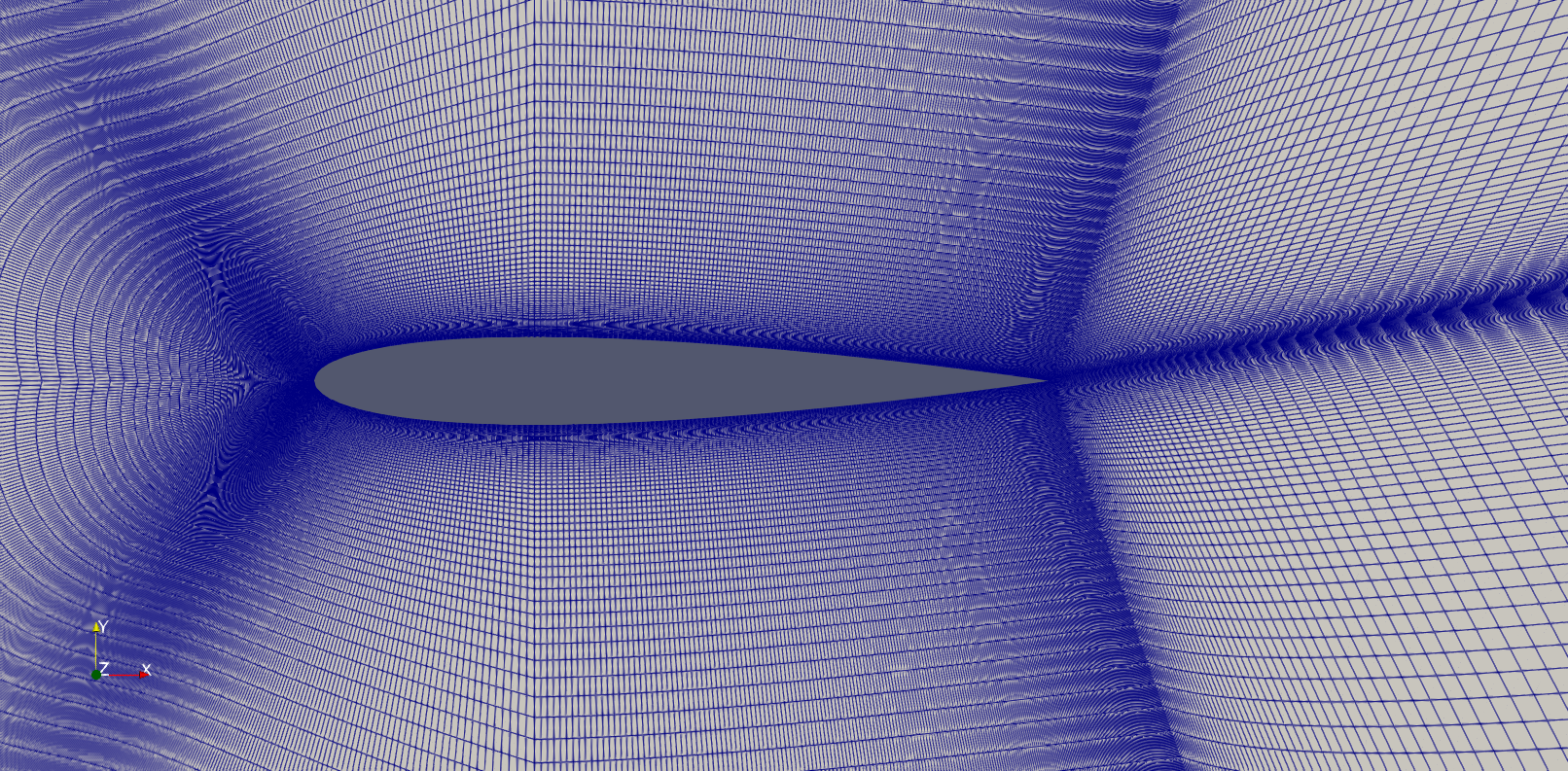
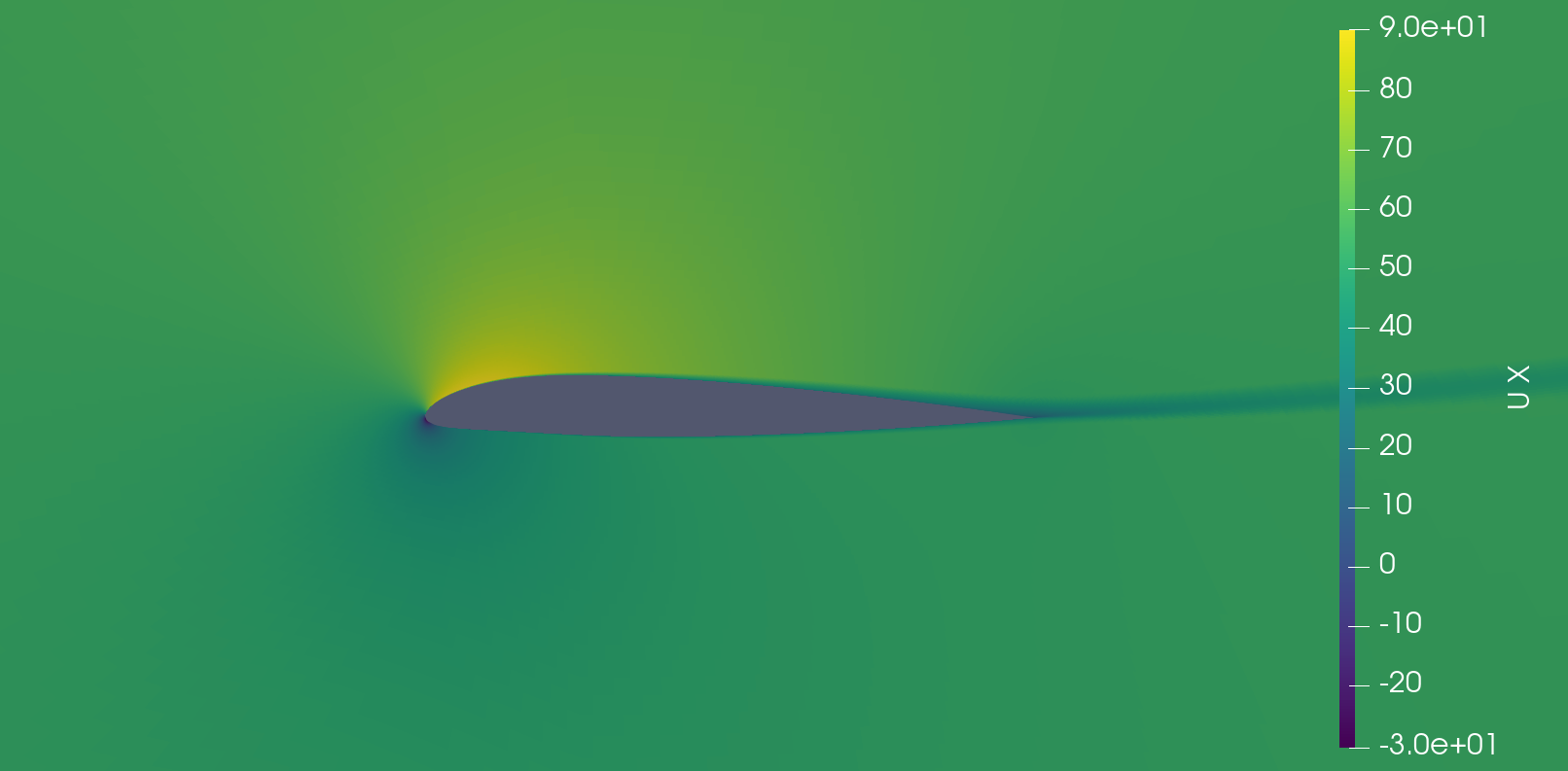
# Protocol
The competition will be hosted by the Codabench platform (opens new window). Participants will have to:
create an account;
download a starting kit to prepare their submission;
upload on the Codabench platform their trained ML models. Then, the platform will use the LIPS framework to compute scores for the submission. The score will be published on the Codabench competition page and the participant will also have access to an additional page with detailed metrics.
# Who can take part
Anyone interested in solving physical problems using ML technics is encouraged to participate in this competition. It could be a great opportunity to gather people from ML and the Scientific computing communities to leverage synergies between these two domains.
# How to join the challenge
# Instructions:
- Go on the codabench page of the challenge: CODABENCH (opens new window)
- Go to “My sumbissions” tab.
- Click the register button.
For more information, read our complete getting started guide.
# Prizes
- 🏆 1st Prize : 3000 €
- 🥈 2nd Prize : 2000 €
- 🥉 3rd Prize : 1000 €
- 4th Prize : 500 €
- 5th Prize : 500 €
# Competition phases
# This competition will run over 3 phases:
- Warm-up phase (4 weeks): participants can get familiar with provided material and the competition platform, make their first submissions and provide feedback to organizers. Based on this feedback, organizers can adjust and improve the competition for the next phase.
- Development phase (9 weeks): participants will develop their solutions and will be able to test their already trained models against a provided validation dataset. They can also have access continuously to the global score corresponding the submitted solution.
- Final phase (1 week): organizers prepare the final ranking and official results. A dedicated event will be organized to announce the winners.
# Timeline
- Competition kick-off November 16th
- Warmup phase November 16th - January 10th
- Development phase January 11th - March 7th
- Final phase March 8th - March 14th
- Announcement of winners : event to be planned.
# Organizer

# Organization Team:
- Mouadh Yagoubi (IRT SystemX)
- Milad Leyli-Abadi (IRT SystemX)
- David Danan (IRT SystemX)
- Jean-Patrick Brunet (IRT SystemX)
- Maroua Gmati (IRT SystemX)
- Ahmed Mazari (SimAI team, Ansys)
- Florent Bonnet (SimAI team, Ansys, Sorbonne Université)
- Antoine Marot (RTE)
- Jérôme Picault (RTE)
- Asma Farjallah (NVIDIA)
- Marc Schoenauer (Inria)
- Patrick Gallinari (Sorbonne Université, Criteo AI Lab)
# Contact us
Email address: ml4physim-challenge@irt-systemx.fr
Competition Discord channel: https://discord.gg/fufhRdTw2k (opens new window)
